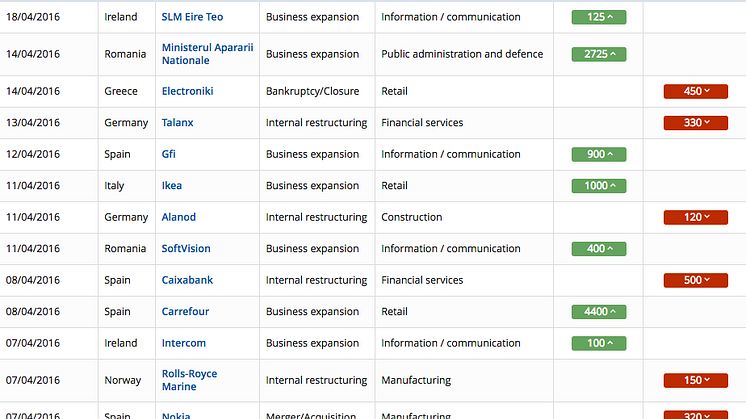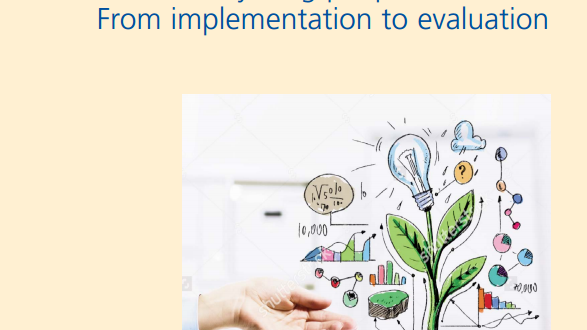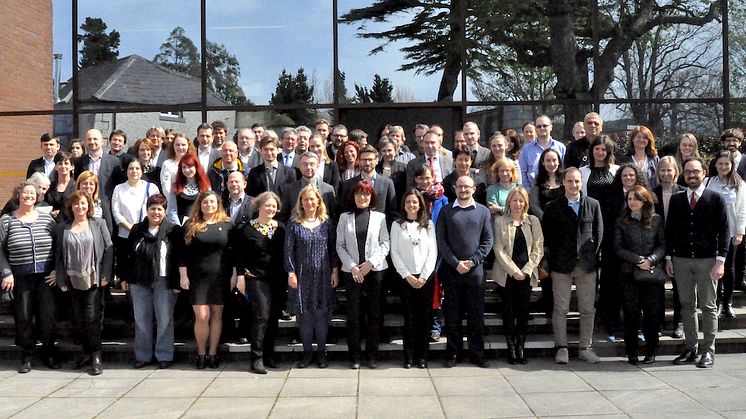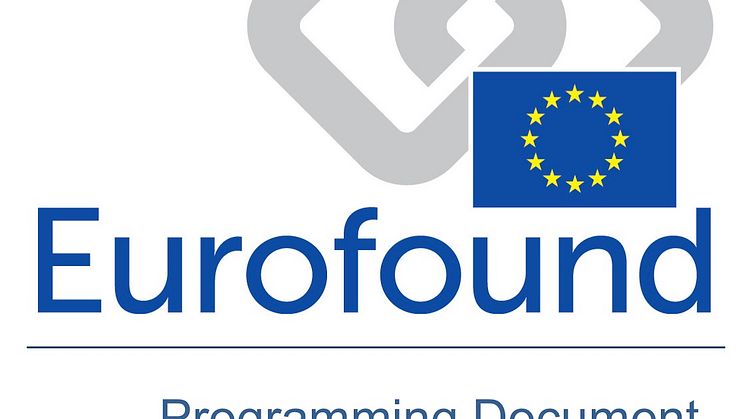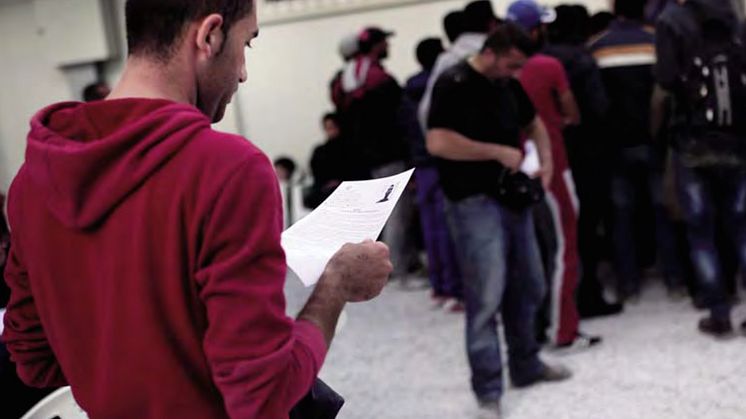Start-up support schemes need to be evaluated on their outcomes for young people
** Listen to Eurofound Research Officer Sara Riso introduce the Start-up support for young people publication here.**
The new Eurofound report ‘Start-up support for young people: From implementation to evaluation’ maps the variety of publicly supported interventions on youth entrepreneurship and reviews a range of policy evaluations assessing their impact and effectiveness.
What becomes appa










